What happens when product teams and AI build together?
Author:
Ziad Elkurjie
Nov 6, 2025
•3-minute read

Executive Summary
Rocket Flow is a framework developed at Rocket that integrates artificial intelligence directly into the Product Development Lifecycle (PDLC). Traditional product teams rely on static documentation and siloed collaboration, which often leads to context loss and inefficiencies as teams scale across domains. Rocket Flow addresses these limitations by embedding AI agents that communicate through natural language interfaces. This preserves decision context and improves cross-functional collaboration.
This paper outlines Rocket Flow’s design, architecture, and implementation, detailing how its modular agent-based system operates through custom and third-party Model Context Protocol (MCP) servers and domain-specific workflows. The framework has significant productivity gains by reducing development timelines from months to weeks while maintaining quality and traceability. Rocket Flow presents a practical path toward context-connected product development, bringing together human expertise and AI reasoning in a unified system.
Abstract
The introduction of large language models (LLMs) has made natural language the primary interface between humans and machines. While these systems are valuable for one-on-one interactions, their potential within collaborative, multidisciplinary teams remains largely untapped. Rocket Flow is a framework created at Rocket to integrate AI agents directly into the Product Development Lifecycle (PDLC). This white paper presents the motivation, design, architecture, and early results of Rocket Flow. It demonstrates how context retention and structured collaboration between human experts and AI agents can increase both the speed and quality of product delivery.
1. Introduction
The current generation of AI systems is optimized for individual interaction. Users engage with LLMs such as ChatGPT or Claude to generate outputs, which they then manually incorporate into team workflows. This process results in a loss of context, including the rationale, decisions, and assumptions that informed the AI’s outputs.
In collaborative environments such as product development, this context loss introduces friction. Teams must repeatedly reconstruct missing information, verify AI outputs, and re-establish alignment across functions.
Rocket Flow addresses this challenge by embedding AI directly into the product development process. Instead of treating AI as a peripheral assistant, Rocket Flow integrates it as a context-aware participant. This participant interacts with team members across roles by using natural language interfaces.
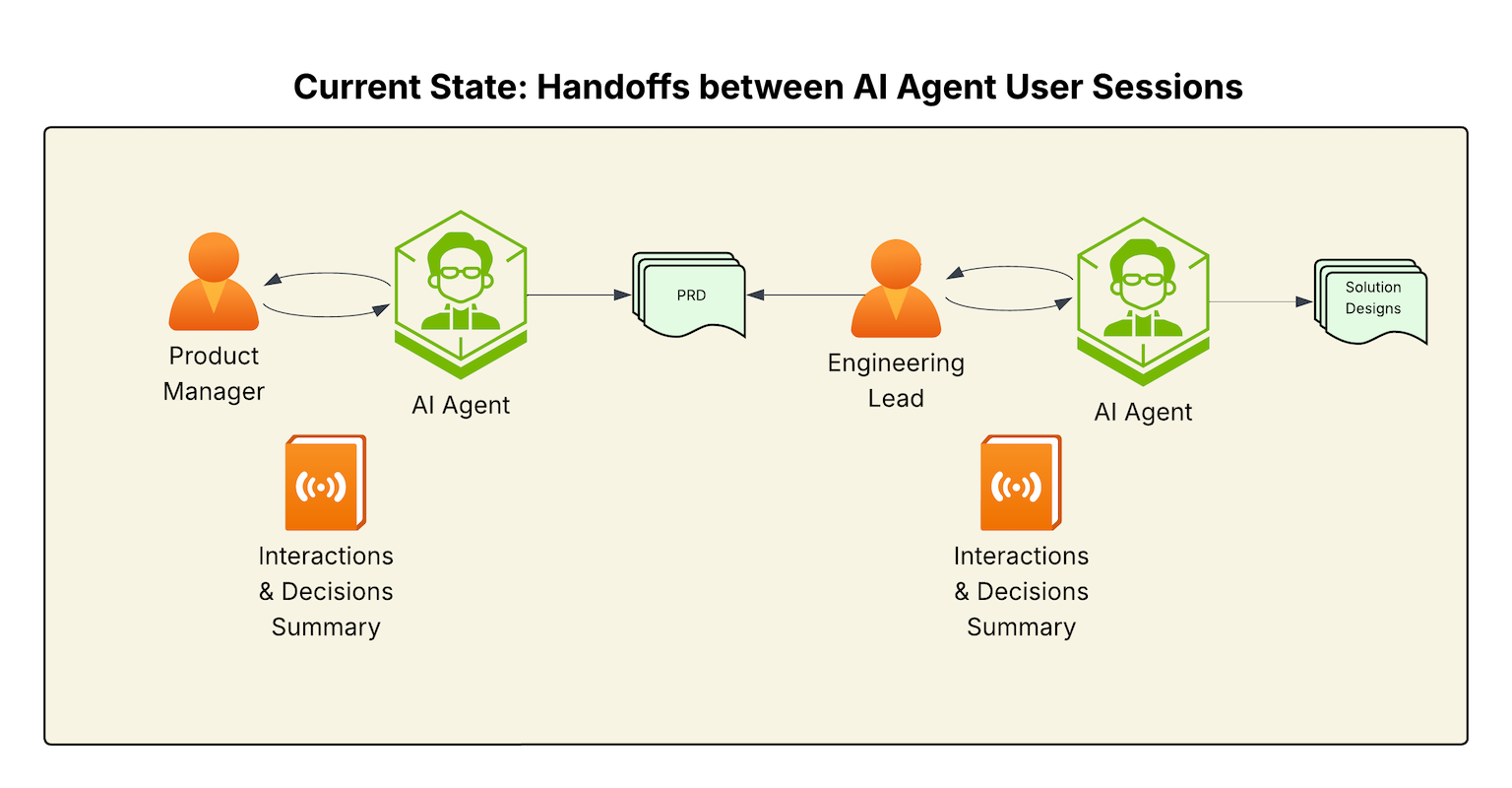
2. Background: The Product Development Lifecycle
The Product Development Lifecycle (PDLC) at Rocket is structured around well-defined roles including Product Design, Product Management, Engineering, and Operations, each responsible for a specific stage in delivering customer value.
Traditionally, the PDLC depends on human coordination through tools such as design documents, PRDs, and architecture specifications. While effective, this model is limited in scalability because it relies on manual integration of knowledge across domains.
The key question driving Rocket Flow’s development was this:
What if AI were embedded directly into the PDLC, with shared context preserved at every stage?
3. Rocket Flow Overview
Rocket Flow introduces a structured framework that enables AI agents and human experts to collaborate through standardized workflows. Each agent has a defined role and uses a consistent set of context, tools, and rules.
When a team member takes on a role, such as Product Manager or Developer, Rocket Flow loads the relevant context. This includes prior artifacts, role-specific tools, and established process definitions, all delivered through Model Context Protocol (MCP) servers and system commands.
Artifacts produced at each stage, including PRDs or solution designs, are preserved as source code for knowledge. They are versioned, reusable, and traceable throughout the product lifecycle.
4. System Architecture
Rocket Flow’s architecture was designed to meet three foundational requirements:
- Model Diversity: Enable domain-specific teams to choose the models that best fit their needs, including both third-party and internally trained models.
- Extensible Interface: Allow users to easily discover and integrate agents, workflows, and best practices through a unified natural language interface.
- Cost Optimization: Balance token usage and compute costs with the value and utility of AI-generated artifacts.
At its core, Rocket Flow manages and evolves artifacts—structured documents representing what is being built and the reasons behind specific decisions.
- Specification Artifacts capture requirements, designs, and implementation details.
- Decision Artifacts preserve the rationale behind product or design choices, often in the form of Product Requirement Decision Records (PRDRs).
All artifacts are maintained in version-controlled repositories alongside code. These repositories provide shared context for agents, ensuring continuity of information across iterations.
Each agent loop is equipped with actions, which are modular abstractions that perform context-specific operations such as artifact management, validation, and compliance checks. Actions can be served through MCP servers or embedded directly within agent logic.
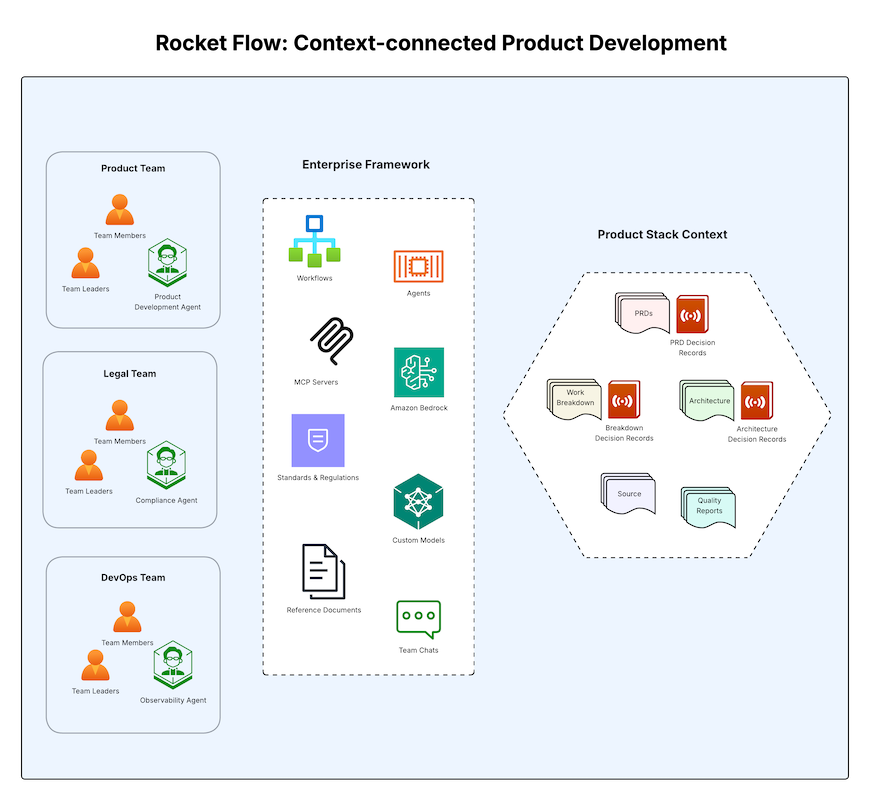
5. Implementation
Rocket Flow uses a modular architecture based on both custom and third-party MCP servers, along with standalone agents built on the Claude Agent SDK using AgentCore compute. AWS Bedrock provides access to a diverse model catalog. The architecture also supports extensions with third-party tools and enables integration of specialized agents created by other teams at Rocket.
Agents and tools included so far are:
- Product Development
- Figma, Azure DevOps, GitHub, Dynatrace, and Playwright
- System Reliability
- Legal Compliance
- Observability
All agents operate under human-in-the-loop supervision. Domain experts review, refine, and approve the generated artifacts. This hybrid model maintains accountability and improves velocity.
6. Bootstrapping and Practical Results
A major validation of Rocket Flow took place during the migration of Rocket’s Servicing product. By directing the Product Development agent at the existing code repository, the team used Rocket Flow to reverse-engineer the product’s documentation. This process automatically generated Product Requirement Documents (PRDs) that accurately reflected the current implementation.
Each PRD followed a structured template, capturing functional, nonfunctional, business, and data requirements. This process established a verified baseline, which was later reviewed by Product Management and handed off to Development for story breakdown and execution.
Beyond documentation, Rocket Flow’s workflow enabled solution patterning by creating reusable, codified recipes for implementing recurring technical requirements. For example, a “telemetry integration” recipe defines the exact instrumentation pattern for an application stack. Whenever an agent encounters telemetry-related functionality, it applies this recipe automatically, ensuring consistency in implementation and observability.
The results were significant. A capability that traditionally took about two and a half months was delivered in just two weeks with Rocket Flow. More importantly, all context, decisions, and tradeoffs were preserved as part of the development record, creating a long-term institutional memory.
7. Distribution and Scale
Rocket Flow is distributed as an npm package through a private Rocket registry. Installing the package in a repository automatically configures workflows, actions, and directory structures for artifact storage.
The framework can also operate in ad hoc environments outside of repositories, supporting experimental or cross-functional projects.
A lightweight Command Line Interface (CLI) serves as the primary user interface, aligning with the natural language workflows used by AI agents. While graphical interfaces were considered, they restricted the platform’s generative flexibility.
Rocket Flow has been successfully deployed across multiple product stacks, including web applications, RESTful and GraphQL APIs, mobile native applications, and infrastructure as code projects.
8. Future Directions
Rocket Flow represents one of the first steps toward context-connected product development. This model views AI as an integrated team member, not just a detached assistant.
Ongoing development efforts focus on:
- Expanding model interoperability through standard MCP extensions
- Automating feedback loops between artifacts and deployed systems
- Enhancing collaborative session management for multiple users working with AI/li>
The long-term vision is a system where human creativity and AI reasoning merge in a single, shared environment for product innovation.
Conclusion
Rocket Flow demonstrates that embedding AI into the PDLC can dramatically improve productivity while strengthening traceability and quality. By preserving context across roles and workflows, Rocket Flow transforms natural language interaction into a collaborative engineering medium. Teams and AIs build together, continuously learning from each iteration.
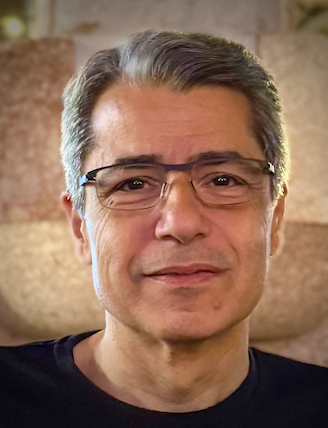
Ziad Elkurjie
Ziad Elkurjie is the Senior Director of Architecture on the Product Engineering Team. Ziad has 30 years of software and product development experience. Ziad has helped build and shape a few technology startups and their engineering teams through his career as a software engineering leader. Ziad is passionate about music, design, and coffee. He holds degrees in Computer Science and Economics from the University of Toronto.
Related Resources
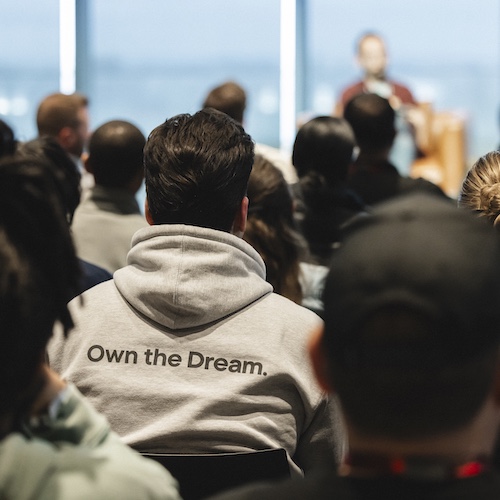
2-minute read
Welcome to the Rocket engineering & product blog: Building the future of homeownership with AI
Discover how Rocket is leveraging AI to transform the homeownership journey, from innovative technology solutions to reimagining the housing ecosystem with a mission to Help Everyone Home.
Read more

7-minute read
Sustainable AI: Balancing innovation and eco-responsibility
Explore the environmental impact of generative AI and discover practical strategies for using technology responsibly while minimizing carbon footprint and resource consumption.
Read more
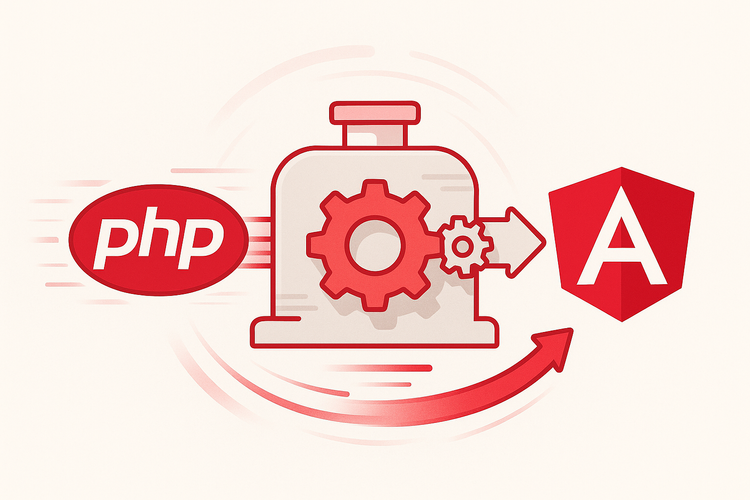
5-minute read
Accelerated modernization: How AI collaboration helped Rocket transform RMO
Discover how Rocket engineers used Anthropic’s Claude Code and agentic coding principles to complete a 3-year PHP-to-Angular migration in just 4 months – modernizing the heart of the mortgage process
Read more
